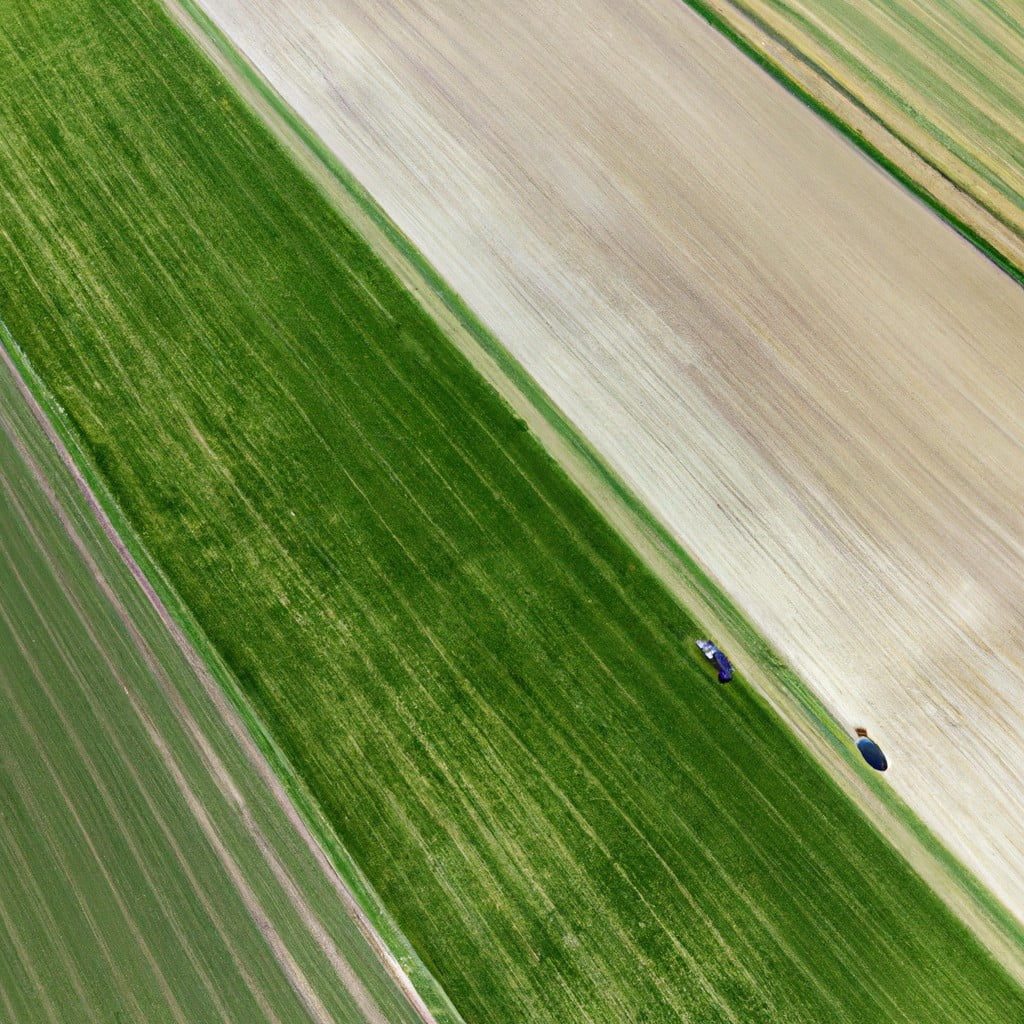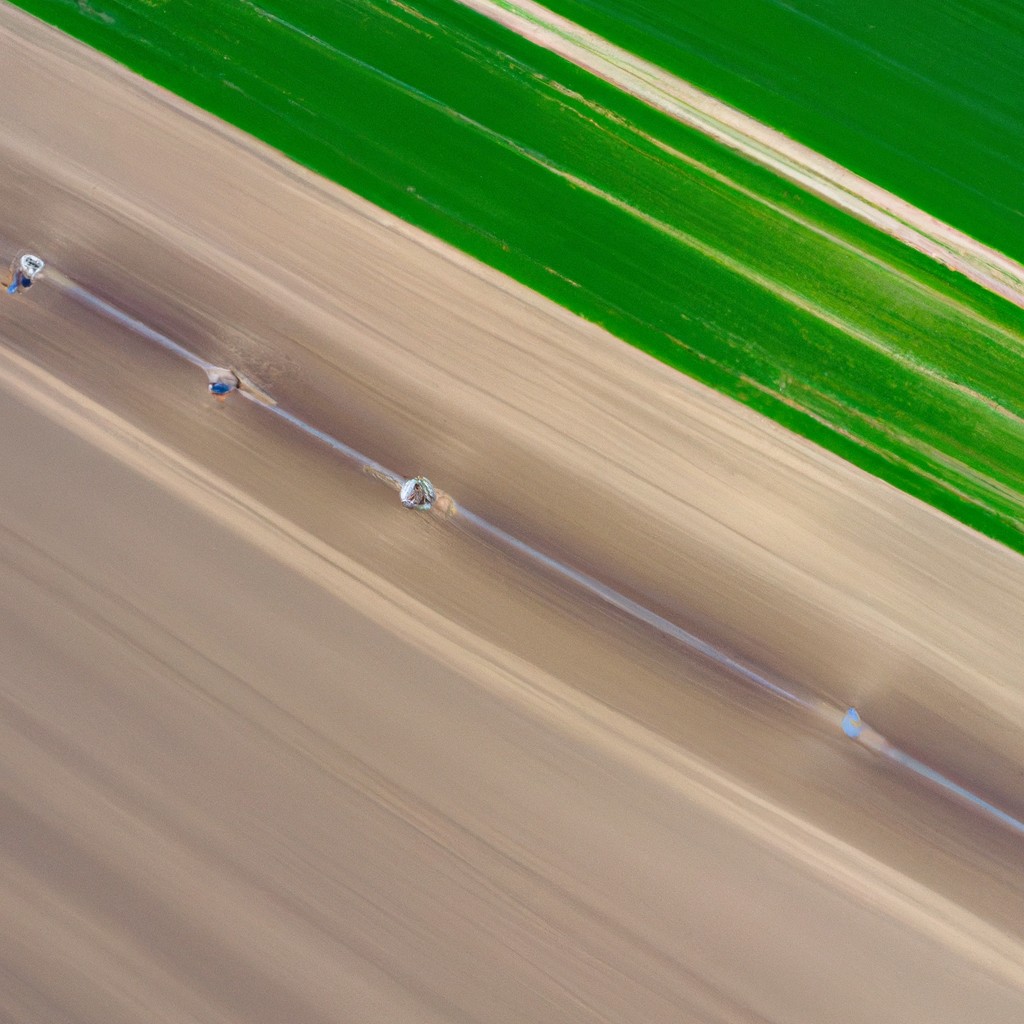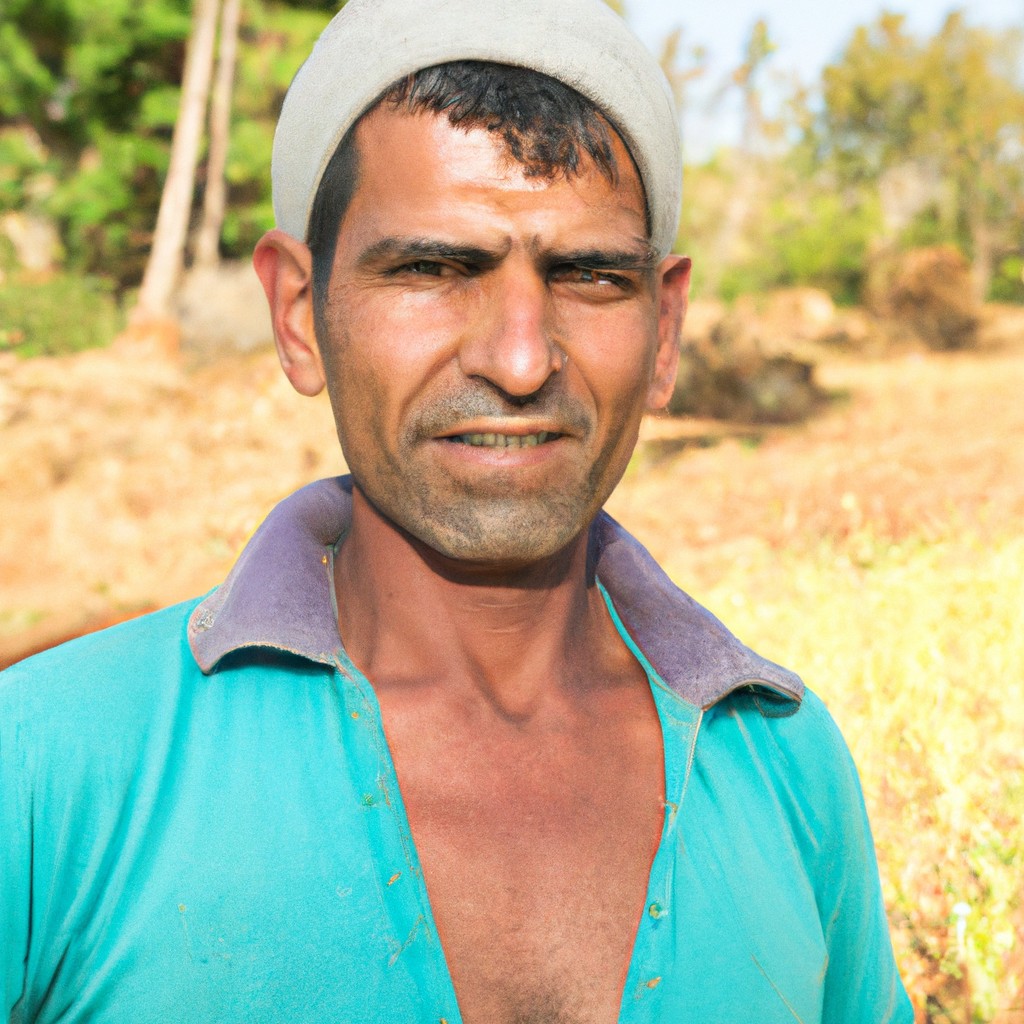Exploring the significant impacts of precision agriculture, this article delves into its transformative effect on farming practices and agricultural productivity.
Precision agriculture, also known as precision farming, is a game changer in the agricultural sector. It employs advanced technologies such as GPS, remote sensing, and data management tools to optimize farming operations.
This approach has a profound impact on agriculture, enhancing crop yields, reducing waste, and promoting sustainability.
Precision agriculture allows farmers to monitor and manage their fields with great accuracy, ensuring that crops receive the precise amount of water, nutrients, and pesticides necessary for optimal growth.
This article delves into the intricacies of precision agriculture and its transformative effects on farming practices globally.
It will provide you with a comprehensive understanding of how this innovative approach is reshaping agriculture and contributing to a more sustainable future.
Key takeaways:
- Precision agriculture improves crop yields through data-driven decisions.
- It reduces resource waste by accurate application of inputs.
- Data interpretation enhances efficiency and productivity.
- Factors like economics, education, and innovation drive adoption.
- Precision agriculture contributes to sustainable farming and food security.
Look Inside:
Understanding Precision Agriculture and Its Role in Modern Farming

Precision agriculture takes tradition and gives it a tech-savvy makeover. By utilizing innovative tools like GPS, remote sensing, and big data, farmers can observe, measure, and respond to inter and intra-field variability in crops.
They can assess conditions on a micro-scale, moving beyond a one-size-fits-all approach to farming. This method transcends the limits of traditional farming, turning to high-tech strategies to enhance efficiency and increase productivity.
By doing so, it reinforces the role of data analytics, automation, and advanced machinery in modern-day farming, setting the stage for an efficient and effective 21st-century agricultural paradigm.
The Impact of Precision Agriculture On Crop Yield
Harnessing the power of advanced technology, farmers can now make data-driven decisions to manage both the quantity and quality of their yield. By applying resources such as water, fertilizers, and pesticides with pin-point accuracy, the overall health and productivity of the crops improve significantly.
Satellite imagery and drones provide real-time data, enabling farmers to identify unhealthy plants and take corrective action in a timely manner. With such judicious resource application, fields yield more per unit area, pushing the overall productivity upwards. More importantly, this approach reduces crop stress, leading to a healthier produce and a greater yield in the long run.
Therefore, precision agriculture doesn’t just aid in risk mitigation, but also plays a critical part in maximizing output.
How Precision Agriculture Reduces Resource Waste
Utilizing advanced technologies, precision agriculture allows for the accurate application of inputs – water, fertilizers, and pesticides. Instead of applying these resources indiscriminately across the field, farmers can now dispense them precisely where needed.
This targeted application prevents overuse and wastage, creating notable savings. It also minimizes the runoff of chemicals into local waterways, reducing the environmental footprint of farming operations.
Moreover, upgraded machinery used in this practice often comes with improved fuel efficiency, contributing to the reduction in greenhouse gas emissions.
Thus, through the lens of sustainability, precision farming is contributing significantly by reducing resource wastage and environmental harm.
The Role of Data in Precision Agriculture: Interpretation and Application
Efficient utilization of colossal data derived from various sources underpins the success of precision farming. Information from GPS systems, satellite imagery, and sensor technology feeds into decision-support tools, guiding farmers to make well-informed choices.
Farmers must accurately interpret this data to apply it effectively. For instance, soil sensor data can indicate specific nutrient levels within different sections of a field. By analyzing this data, farmers can customize their fertilization approach. Similarly, remote sensing data can be used to detect early signs of plant disease, prompting early intervention and reducing crop loss.
Application of interpreted data remains central to precision agriculture. It enables farmers to respond swiftly and accurately to variations within their fields, minimizing inefficiencies in resource use and enhancing overall productivity. The extraction of actionable insights from this intricate data web lies at the heart of precision farming’s promise for sustainability and higher yields.
Increasing the Adoption of Precision Agriculture: Factors and Strategies
Several factors influence the widespread adoption of precision agriculture. A crucial strategy is highlighting the economic benefits, which stems from optimized resource use and increased yields. Emphasizing the long-term cost savings could appeal to farm operators who may otherwise be daunted by the initial investment in advanced equipment.
Education and training are also fundamental. Farmers must be knowledgeable about the technical aspects of managing and interpreting data. Agriculture extension programs can be instrumental in providing necessary information and assisting with technological transition.
Additionally, support from government policies can facilitate the adoption of precision agriculture. Subsidies or financial incentives could mitigate the high upfront costs and risks associated with the transition.
Lastly, successful integration calls for innovations in agri-tech to make precision farming technologies more user-friendly, efficient, and effective. By focusing on these strategies and factors, the adoption rate of precision agriculture can increase, ultimately contributing to overall agricultural sustainability.
Precision Agriculture’s Contribution to Sustainable Farming
This approach is revolutionizing sustainability in the farming sector. Firstly, by accruing precise information about soil conditions, crop growth, and climatic variables, precision agriculture aids in making informed decisions about resource allocation. This means that water, crops, and fertilizer are used efficiently, leading to reduced waste and a smaller environmental footprint.
Additionally, the systematic implementation of precision agricultural techniques lowers the use of pesticides by offering targeted pest management. This not only reduces the environmental harm caused by chemical runoff but also minimizes cost burdens for farmers.
Lastly, the data collected through precision farming aids in making long-term sustainability plans. Patterns and trends identified through this data can contribute towards predicting future outcomes and preparing for them effectively. Thus, precision agriculture not only improves current sustainability but also informs future farming practices, underlining its pivotal role in sustainable agriculture.
Global Impact of Precision Agriculture: Transforming Traditional Farming Methods
Across the globe, precision agriculture is shifting the paradigm from traditional, less efficient farming methods to a more data-driven, optimized approach.
In developing regions, this approach enables farmers to make data-informed decisions, enhancing their ability to predict and manage agricultural risks. It ensures optimal soil utilization and increases output, helping them compete in the global market.
Similarly, in developed countries, precision agriculture facilitates the transition towards more sustainable practices, reducing chemical usage and conserving water. Remote sensing technologies make labor-intensive tasks more efficient and cost-effective, contributing to an overall increase in profitability.
Furthermore, this agricultural shift impacts global food security by increasing productivity and reducing loss and waste, positioning precision agriculture as a vital tool in meeting the growing global food demand.
FAQ
What is the problem with precision agriculture?
The main issue with precision agriculture is the significant financial burden and complexity it poses, particularly in terms of investing in equipment, software, and training, making it often unattable for small-scale farmers and those in developing nations.
What is precision agriculture in agriculture?
Precision agriculture is a farming management strategy that utilizes data analysis to improve efficiency, productivity, and profitability by optimizing resource utilization based on estimated variability in space, time, and individuality.
What is the disadvantage of precision farming?
The primary disadvantage of precision farming is the high initial investment and maintenance costs associated with the purchase and upkeep of complex agricultural technology, such as sensors, drones, satellites, computers, and software.
What is an example of precision agriculture?
One example of precision agriculture involves the use of technologies such as drones, Global Positioning Systems (GPS), and irrigation systems to enhance farm management and increase the profitability of agricultural production.
How does precision agriculture contribute to sustainable farming practices?
Precision agriculture contributes to sustainable farming practices by using technology for efficient resource usage, minimizing waste, and thereby reducing environmental impact while maximizing crop yield.
In what ways can precision farming technologies optimize the use of farm resources?
Precision farming technologies can optimize the use of farm resources by allowing real-time monitoring and control of farming operations, enabling optimization of inputs like water and fertilizer, and delivery of plant-specific treatment.
What potential role does precision agriculture play in addressing global food security?
Precision agriculture could potentially enhance global food security by enhancing crop yields and resource efficiency through the use of technology and real-time data analysis.




